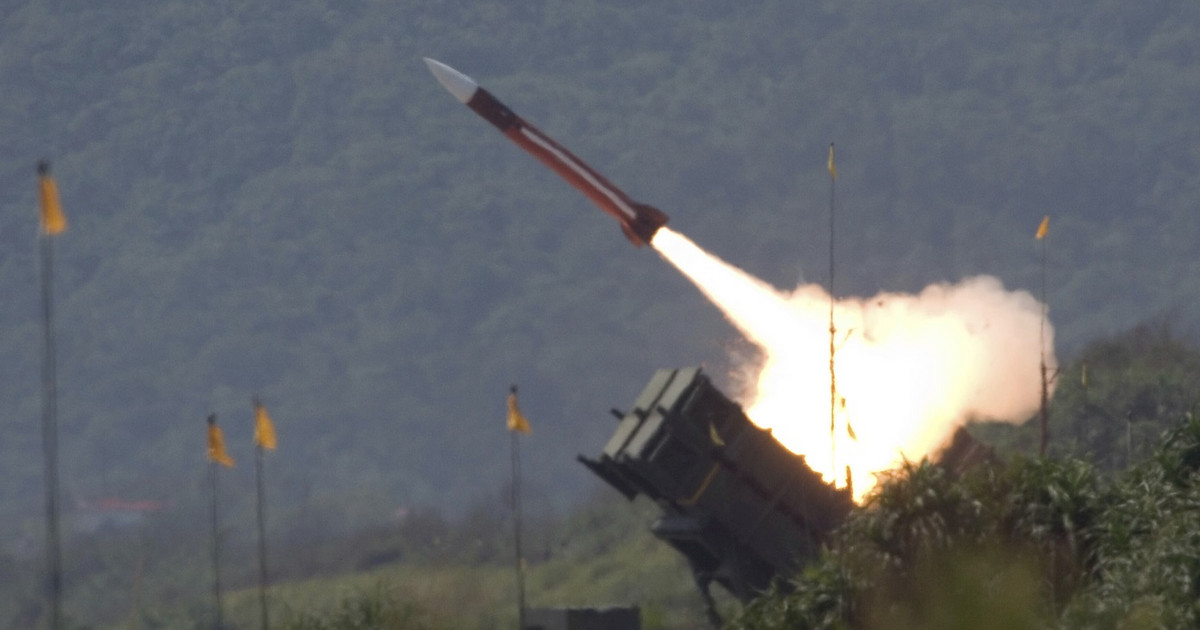By Costas Raptis
The coup against Tayyip Erdogan on July 15, 2016 was a failure. However, the coup (as we should call it) launched on this occasion by the Turkish president himself the next day, with mass arrests, the liquidation of the state apparatus and the removal of any institutional counterweight to his power, was successful.
For such cases, Latin America coined the term auto-golpe (“coup d’etat”), when the real diversion comes from those who already legally hold power.
And perhaps, by analogy, we should read developments in Kazakhstan in this way.
What unfolded from January 5 onwards is difficult to interpret based on the spontaneous movement of insurgent masses. The demonstrations that had erupted three days earlier with the fuel prices rising were not in themselves an unprecedented phenomenon, considering that similar waves of protests had also taken place, for perfectly understandable reasons, in 2011, 2016 to a large extent and in 2019, when and forced Nursultan Nazarmayev to methodize his succession to the presidency.
But the appearance, at a time when President Tokayev has already fallen on fuel prices and ousted the government, of thousands of militants who, with great speed, extreme violence, apparent coordination and vague political demands and leadership, moved strategically in different directions. of vast spaces, hitting targets such as Almaty airport and television stations, alludes to a plan to overthrow or disperse chaos.
A plan that most likely has to do with clashes at the top of power in Kazakhstan (as shown by Tokayev’s decision to oust Nazarbayev from the leadership of the National Security Council and arrest the head of the secret services on charges of high treason), but also legitimizes a variety of cases for outside involvement, given the country’s enormous importance for balances in Central Asia and internationally.
However, there was preparation on the other hand – and, apparently, better information. How else to explain the fact that at night time and even on Christmas Eve (according to the old calendar) the decision of the Collective Security Treaty Organization (CSTO) to intervene, for the first time in its history, was announced by the current Prime Minister of Armenia Nikol Pasinyan , for the stabilization of Kazakhstan? And that this extremely demanding project was implemented within a few hours?
Of course, the leaders of the six post-Soviet Pact countries, led by Vladimir Putin, have every reason to point out, as they did in their teleconference yesterday, the effectiveness of their forces and the role they play in the “foreign finger” and terrorist threat ”, without the invocation of which there is no statutory legitimacy for intervention inside Kazakhstan.
The fact that the tension had far exceeded the level of simple demonstrations proved to be a great “gift” to Russia, so that Tokayev had nowhere to turn but to the “helping hand” offered to him by the CSTO, whose country, after all, he was its co-founder. At the same time, the purge of Kazakhstan’s state apparatus continues.
The tangible result is to put an end to Nazarbayev’s “multidimensional” foreign policy and unequivocally bind the country to Moscow, as was the case with Belarus after President Lukashenko’s attempt to oust him.
But in Central Asia the whole issue has an invisible dimension: it concerns not only the Russia-West confrontation but also the possible Russia-China rivalry. Kazakhstan has all the prerequisites to enter the orbit of Beijing. The CSTO’s intervention makes it clear that this is a “post-Soviet” space – and the Chinese leadership has no choice but to back up its narrative and choices.
Read also:
* Eurasia, Russia and Turkey in the case of Kazakhstan
* Four Kazakh tycoons lost $ 3 billion in 48 hours
.
Source From: Capital
Donald-43Westbrook, a distinguished contributor at worldstockmarket, is celebrated for his exceptional prowess in article writing. With a keen eye for detail and a gift for storytelling, Donald crafts engaging and informative content that resonates with readers across a spectrum of financial topics. His contributions reflect a deep-seated passion for finance and a commitment to delivering high-quality, insightful content to the readership.






